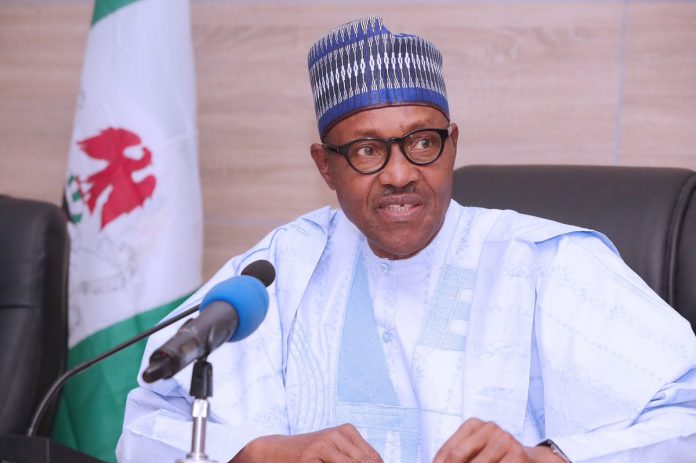In the run-up to the 2015 presidential election, Nigerians had hope, hope that the incoming administration of the then Major-General Muhammadu Buhari (rtd) would turn things around, fight corruption to the hilt, secure the country against terrorist activities, and work on the wobbling economy.
Are Nigerians better today than they were six years ago? How much success has been recorded in the fight against corruption? Can they sleep with their eyes closed now compared with the situation before 2015?
The answer to these questions is an obvious “NO”. The streets across the country are replete with despondent and disillusionment. The performance of Buhari’s administration on the tripod promised during electioneering has been abysmal.
If there was one reason Nigerians were enthused over the candidature of the retired Army Major-General in 2015, it was based on their conviction that he could confront the issue of insecurity. The irritant Boko Haram had grown in leaps and bounds, detonating bombs everywhere, seizing and erecting own government structures in local communities, particularly in the North-East. The administration of Goodluck Jonathan seemed helpless. Nigerians craved a new initiative, a new thinking, a new approach.
Early in the life of the Buhari administration, the activities of the terrorist group were curtailed and largely confined to Borno State, its epic centre. Just when Nigerians expected the death knell to sound on the irredentists, the nation became confronted with fresh security challenges in the form of kidnapping and banditry, with no feasible solution from the government.
Indeed, kidnapping has become the fastest-growing “industry” in the country, grossing billions. Students, lecturers, medical doctors, and other professionals have been victims of the unwholesome activities of the men of the underworld. Rather than act decisively, Buhari, at best condemn the act, and on each occasion promising to tackle the issue. After an impenitent Security Meeting with Service Chiefs, such matters are often swept on the carpet.
How about the menace constituted by the marauding herdsmen across the country. It is alleged that Mr. President, seeing himself first as a Fulani, perceives allegation against these people as a direct attack on his person.
Buhari’s government has not fared better in the fight against corruption either. As of January 2020, Nigeria ranks low in Transparency International‘s corruption perception index, achieving a rank of 146 out of 180 countries surveyed.
On a daily basis cases of massive corruption are reeled out. In most cases, perpetrators merely get a slap on the wrist. The 1985 expectation when War Against Indiscipline (WAI) was the order of the day has become highfalutin. Indeed, with Buhari, the difference is the same.
On the economy, the government came into power with a promise of diversifying the revenue base of Nigeria into non-oil revenue sources with a focus on agriculture, mining, and exports. Just two years to the end of the administration, no visible evidence anything was achieved in this regard. Rather the economy nose-dived with its continued reliance on crude oil exports.
For instance, available data on the country’s rate of unemployment shows that while the unemployment rate stood at 7.8 per cent in 2014, the rate rose significantly to 23.1 per cent in 2018. This is even as the poverty rate which stood at 33.1 per cent in 2016 jumped to 40.1 per cent in 2019.
Also, as of 31 December 2019, Nigeria’s public debt stock had risen to $84.052bn (about N27.401tn) from about $63.806bn or N12.11tn on June 30, 2015.
The inflation rate has been on a steady increase since the administration came on board. Recent figures indicate it was close to 19 per cent, the highest ever in the history of the country.
The administration appears to have failed to build on the modest achievement recorded by the preceding administration of Goodluck Jonathan in the agriculture sector where farmers had easy access to seedlings, fertilizer, land, and other required equipment.
In totality, there is no gain-saying the fact that the administration of President Buhari has failed to meet the expectations of Nigerians, and therefore praying to have 29 May 2023 come so soon.
ALSO READ: https://rulersworld.com/nigerias-inflation-rate-hits-18-17-nbs/
